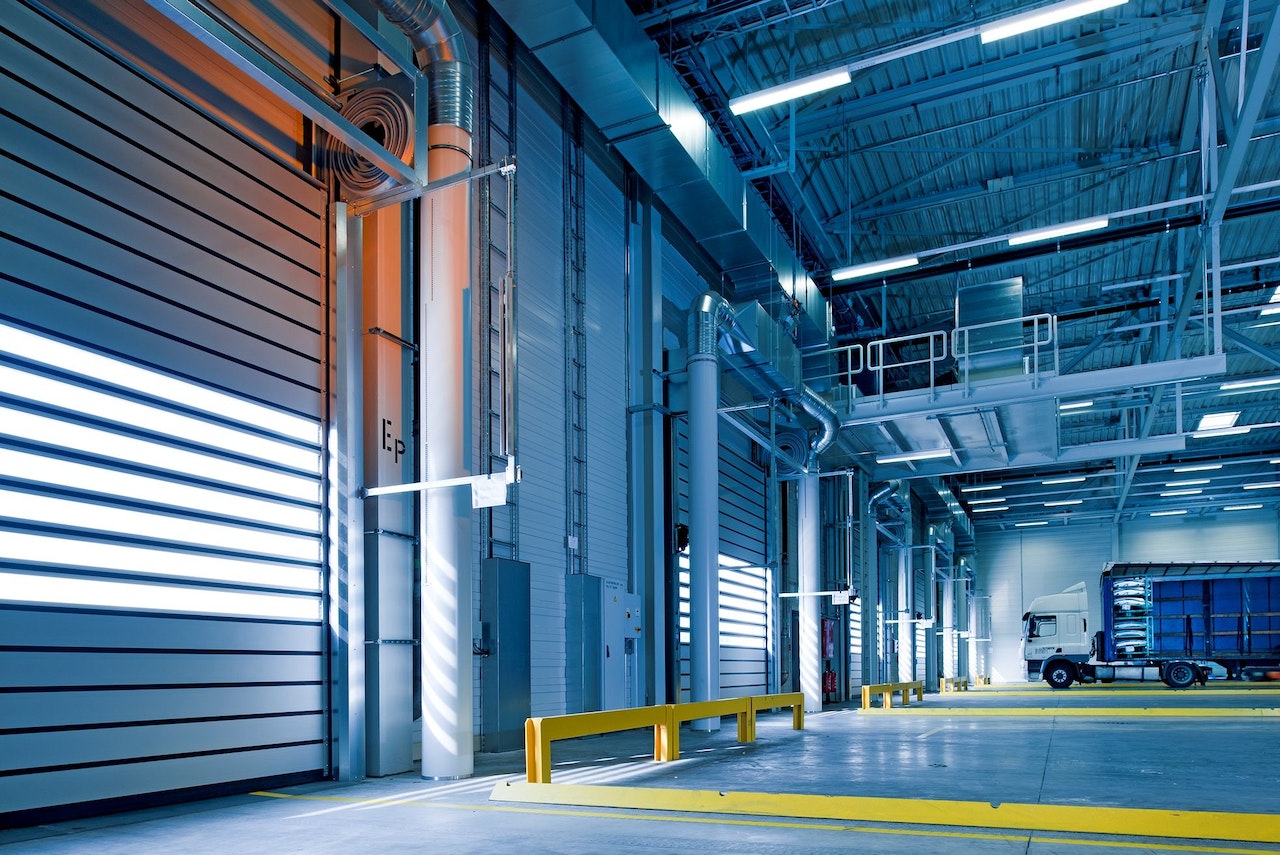-
How many loading docks do you have available?
- Why it's important: The number of loading docks can significantly affect the efficiency of goods being received and dispatched from the warehouse.
- Further Questions:
- How many trucks can be accommodated at once?
- Are the docks equipped to handle different sizes and types of vehicles?
- What is the turnaround time per truck on an average day?
-
What types of handling equipment do you have available?
- Why it's important: Different products require varied handling equipment. Having the right equipment ensures that products can be moved efficiently and safely within the warehouse.
- Further Questions:
- Is the equipment regularly maintained?
- How is equipment availability managed during peak times?
-
What do you offer for security & safety?
- Why it's important: Ensuring the safety of products, as well as the employees, is paramount. Adequate security measures prevent theft, damage, and other potential losses.
- Further Questions:
- What security measures are in place (cameras, guards, access controls)?
- Are there fire safety systems and evacuation procedures?
- Is there a protocol for regular safety audits?
-
What type of software do you use?
- Why it's important: Modern warehouses often rely on software for inventory management, tracking, and logistics planning. The right software can greatly improve efficiency and accuracy.
- Further Questions:
- What warehouse management system (WMS) is used?
- Is the software scalable and can it integrate with other systems (like the shipper's ERP)?
- How often is the software updated, and what's the protocol for data backups?
-
What is your forklift & other lifting capacity?
- Why it's important: Depending on the weight and dimensions of the products, different lifting capacities might be required. It ensures goods can be moved and stored without damage.
- Further Questions:
- What are the maximum weight limits of the lifting equipment?
- How many of each type of lifting equipment are available?
- Are operators trained and certified?
-
What does your staffing look like?
- Why it's important: Adequate staffing ensures operations run smoothly. Experienced and well-trained staff can improve operational efficiency and reduce errors.
- Further Questions:
- How many staff members are present per shift?
- What is the training protocol for new hires?
- Are there specialized teams for tasks like inventory management, quality checks, or equipment maintenance?
For a shipper, understanding these details about a prospective warehouse location can provide insights into how well the warehouse can handle its specific needs and ensure a smooth and efficient workflow.
